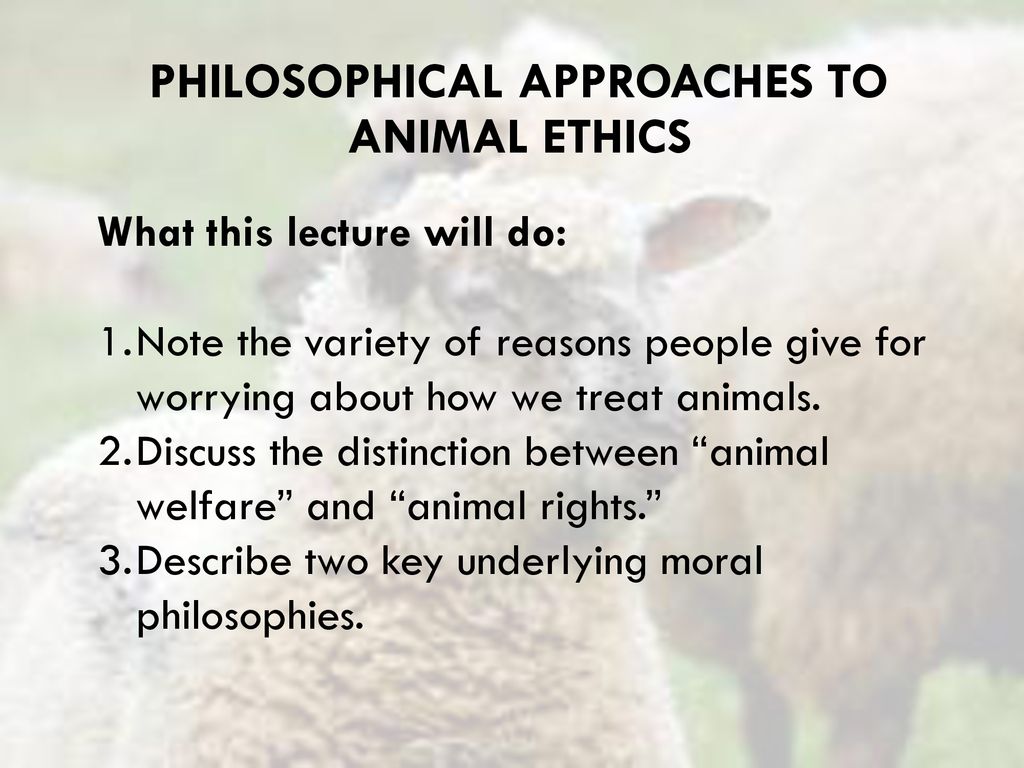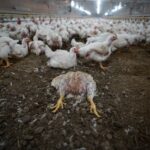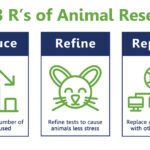In the grand tapestry of life, humans often weave a narrative that places them at the pinnacle of existence. However, this self-aggrandizing perspective raises an essential inquiry: Do humans treat animals fairly? This question compels us to peel back the layers of societal norms, economic systems, and ethical frameworks that govern our interactions with the animal kingdom.
To embark on this journey, it is prudent to examine the visceral realities of animal life under human dominion. Animals do not exist in a vacuum; their experiences are intricately intertwined with human desires and ambitions. Farm animals, for instance, live in conditions crafted to optimize production efficiency, often at the expense of their well-being. A poignant metaphor arises in this context: the factory farm is akin to a relentless assembly line, where beings once full of vitality are reduced to mere cogs in an economic machine. The paradox is striking; these creatures share our planet, yet their voices are muffled under the weight of human demand.
Economic exploitation is vividly illustrated in the commercial sector. The meat, dairy, and egg industries comprise a colossal enterprise that thrives on the commodification of animal lives. The evidence reveals a disturbing pattern of what many deem ‘acceptable cruelty.’ Animals raised for human consumption endure a myriad of hardships, from cramped living conditions to inhumane slaughter practices. Such practices call into question the moral frameworks that underlie our treatment of these sentient beings. The legal safeguards ostensibly designed to protect animals often fall short, serving more as regulatory guidelines than as genuine deterrents to cruelty.
Beyond the veil of economic interests lies an insidious cultural dimension that perpetuates indifference toward animal suffering. From childhood, societal narratives frequently position animals as mere resources or tools. This detachment echoes in popular culture, where portrayals of animals often emphasize their utility for human gain rather than their inherent value as living beings. It is a disconcerting thought that a creature’s worth is often measured against its ability to serve human purposes. As humans, we must interrogate whether such attitudes foster a culture of empathy or exacerbate the chasm between species.
Yet, despite the prevailing injustices, a burgeoning movement advocates for animal rights, challenging the status quo. Activism, fueled by a surge in ethical vegetarianism and veganism, is brutally honest about the discrepancies in how we treat animals. Social media platforms amplify these voices, reshaping public awareness of animal cruelty and encouraging compassion-driven choices. A modern paradigm shift begins to unfurl as more individuals reflect upon their dietary habits and their implications for animal welfare.
The philosophical underpinnings of animal ethics meritoriously call for a deeper understanding. Utilitarianism, which advocates for the greatest happiness principle, often wrestles with the realities of animal suffering. Thinkers like Peter Singer argue that just because an entity cannot express pain in human-centric terms does not nullify its experience of suffering. His notion of sentience transcends speciesism, positing that all beings capable of suffering deserve moral consideration. Thus, the philosophical discourse surrounding animal rights becomes not merely an academic exercise but a clarion call for a re-examination of ethical norms.
Conversely, other ethical frameworks, such as contractarianism, posit that moral obligations arise only from mutual agreements between rational beings. This perspective can lead to the dismissal of animal interests altogether, highlighting the contentious nature of the ethical debate. As society grapples with these divergent viewpoints, it becomes clear that the question of fairness in our treatment of animals cannot be resolved within a singular philosophical lens. The complexities of human-animal relationships necessitate an integrative approach, blending ethics, empathy, and pragmatism.
One cannot overlook the sheer variety of animal existence that further complicates our ethical obligations. From domesticated pets that inhabit our homes to wildlife in their natural habitats, the spectrum of human-animal interaction showcases a rich tableau of relationships. It is imperative to recognize that not all interactions are exploitative; many humans participate in mutually beneficial relationships characterized by companionship and cooperation. However, these harmonious bonds often exist alongside egregious forms of exploitation, creating a convoluted narrative that defies neat categorization.
As we reflect on the question of fairness, our interactions with wildlife offer both poignant lessons and disturbing truths. The encroachment of human civilization upon natural habitats has precipitated a crisis of biodiversity. Animals face an existential threat from habitat destruction, climate change, and poaching. The ethical implications are arresting: when we obliterate the ecosystems that sustain these species, we reveal a profound disregard for their intrinsic rights to exist. Such actions resonate through the generations, creating a legacy of suffering and loss that challenges future moral considerations.
In conclusion, the question of whether humans treat animals fairly serves as a mirror reflecting our ethical values and societal priorities. The evidence underscores a disheartening reality where economic imperatives often overshadow compassion and ethical responsibilities. Nonetheless, the tide is gradually changing as more individuals advocate for a respectful coexistence with our fellow beings. By embracing an understanding that transcends mere utility, humanity can strive toward a future that honors the welfare of all creatures. To treat animals fairly is not merely an act of compassion; it is a testament to our shared integrity and moral evolution.






